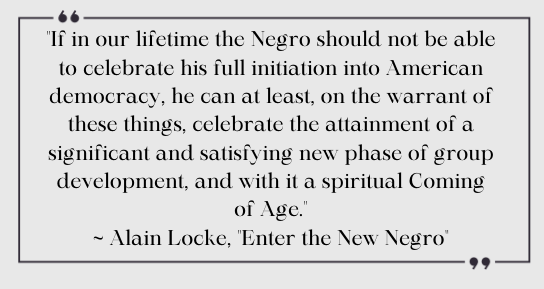The Red Summer
Turning Points in History, 2024
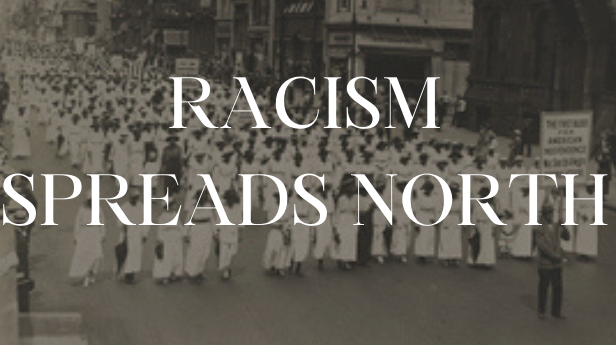
Image Courtesy of the NAACP
In the early 1910s, racial violence was increasing due to the KKK, a terrorist organization that mainly targeted African-Americans and Catholics. Simultaneously, African-Americans moved up North at the very beginning of the Great Migration, searching for opportunity and equality.
The Ku Klux Klan
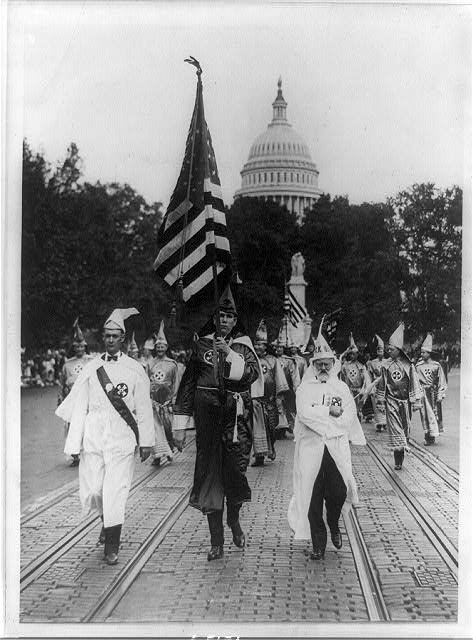
Ku Klux Klan Parade Held in Washington, D.C., Courtesy of Library of Congress
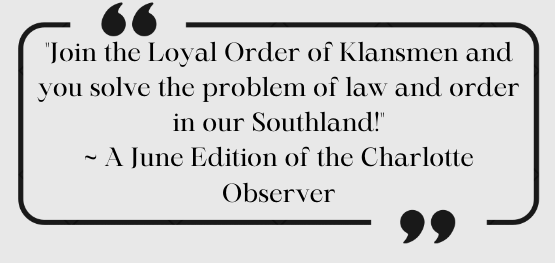
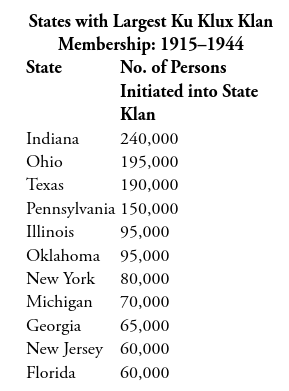
"States With Largest Ku Klux Klan Membership: 1915-1944", Courtesy of The Ku Klux Klan in the City, 1915-1930 by Kenneth T. Jackson
Many people in the South, believed that the KKK would solve major problems. However, others would provide warnings against this terrorist group.
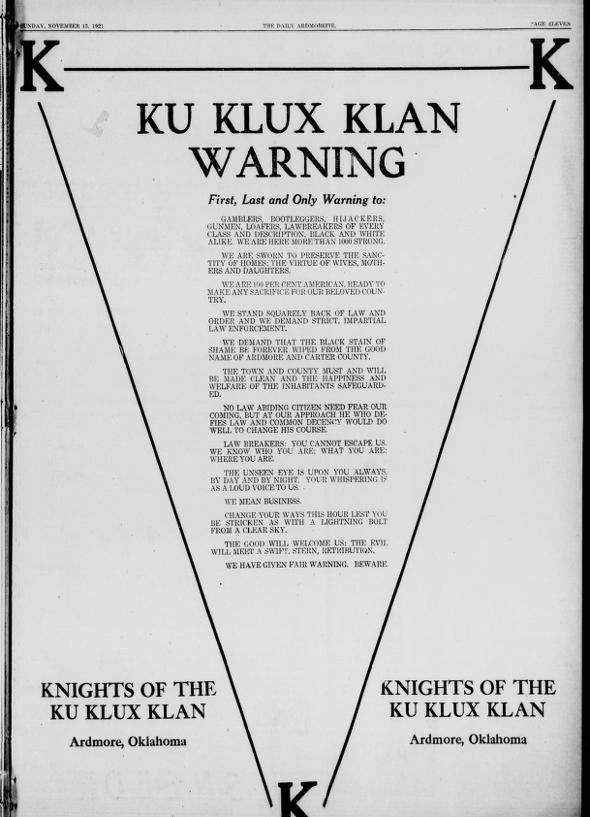
"Ku Klux Klan Warning", Courtesy of The Daily Ardmoreite

Birth of a Nation
D.W. Griffith's “Birth of a Nation” in 1915 had significant racism, depicting the KKK as heroes and African-Americans as lewd creatures.
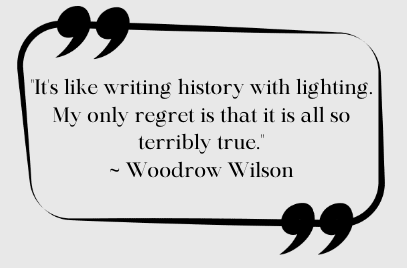
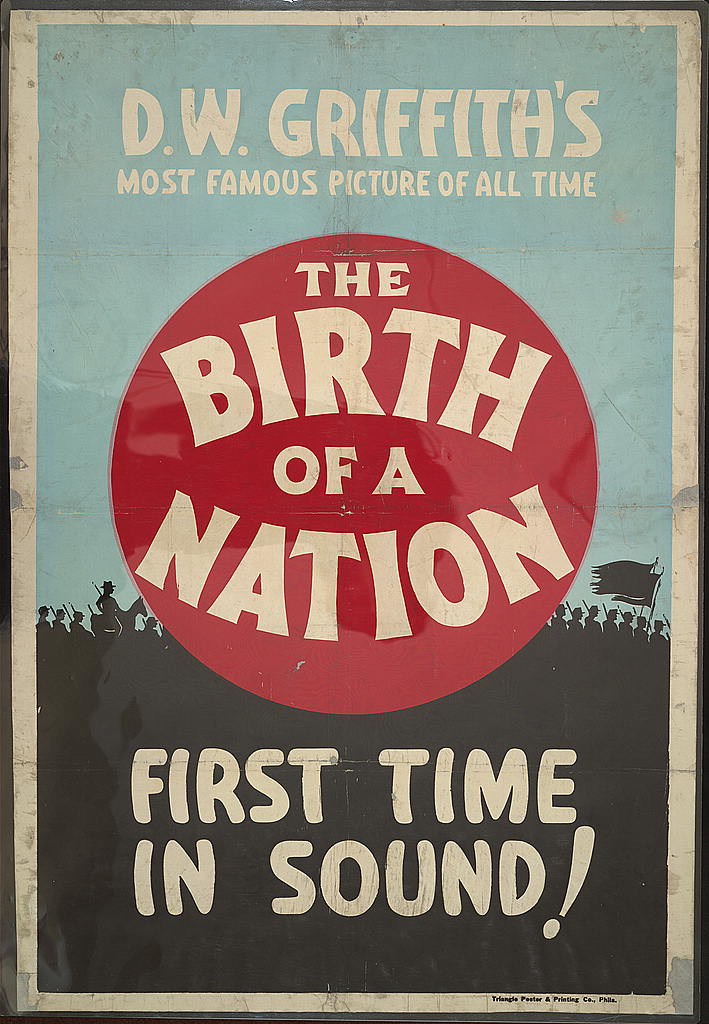
Birth of a Nation Poster, Courtesy of the Library of Congress
Job Opportunities
Conversely, various jobs and opportunities enticed African-Americans to move up North at the beginning of the Great Migration.
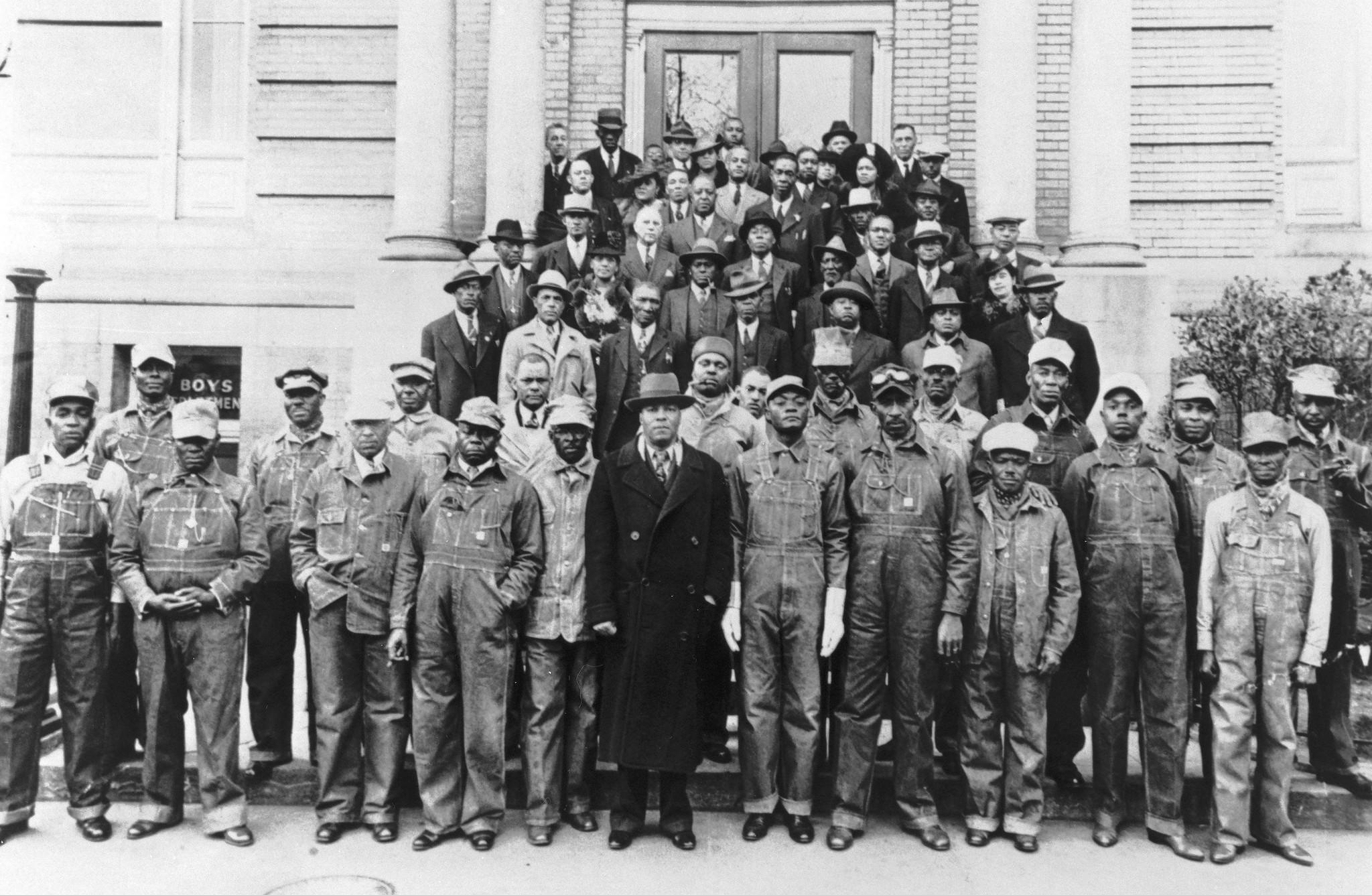
African-American Labor, Courtesy of the Labor Commission on Racial and Economic Justice
In the early 1900s, agricultural and manufacturing jobs opened up to African-Americans up North, marking their place in society.
"Racism is apart of our inheritance as Americans. Every city, every state, and every region of this country has itd own deep history with racism. And so does the labor movement. ."
~ Richard Trumka, AFL-CIO Convention
Redlining
Redlining is the discriminatory practice of banks marking "hazardous" African-American neighborhoods and determining them unworthy of loans.
Interview with David Krugler, Author of 1919: The Year of Racial Violence
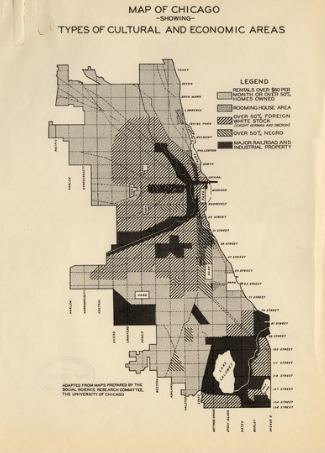
Map Of 1910s Chicago Cultural and Economic Areas, Courtesy of the University of Chicago Library
Redlining further discriminated against African Americans in areas such as Chicago, causing an increased threat of racial tension.
The New Negro Movement Begins
World War I sparked a change for African-Americans wanting to go from "old" to "new". Evoking the term, "New Negro", African-American culture thrived as they moved up North.
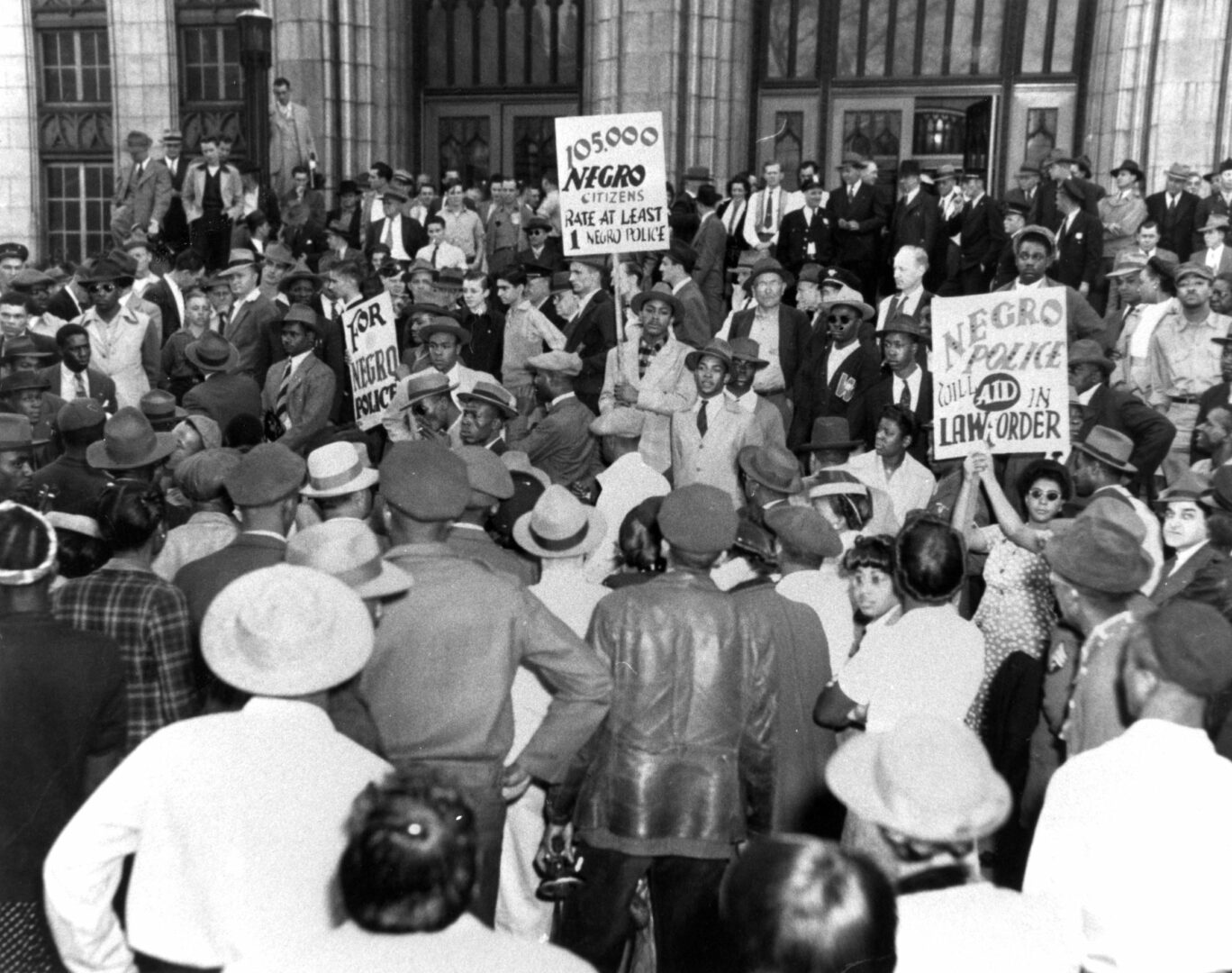
New Negro Movement, Courtesy of the Atlanta Journal Constitution
